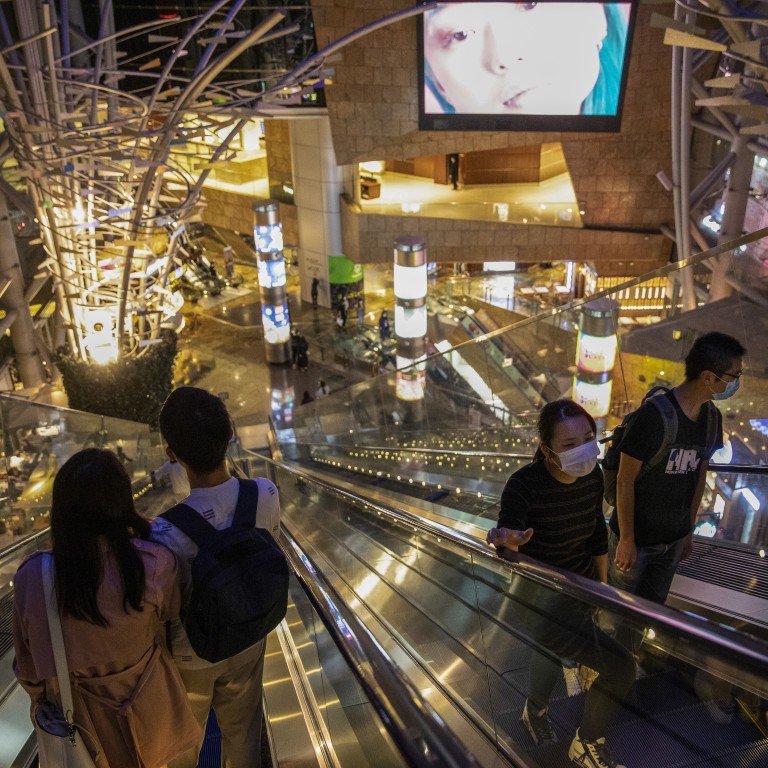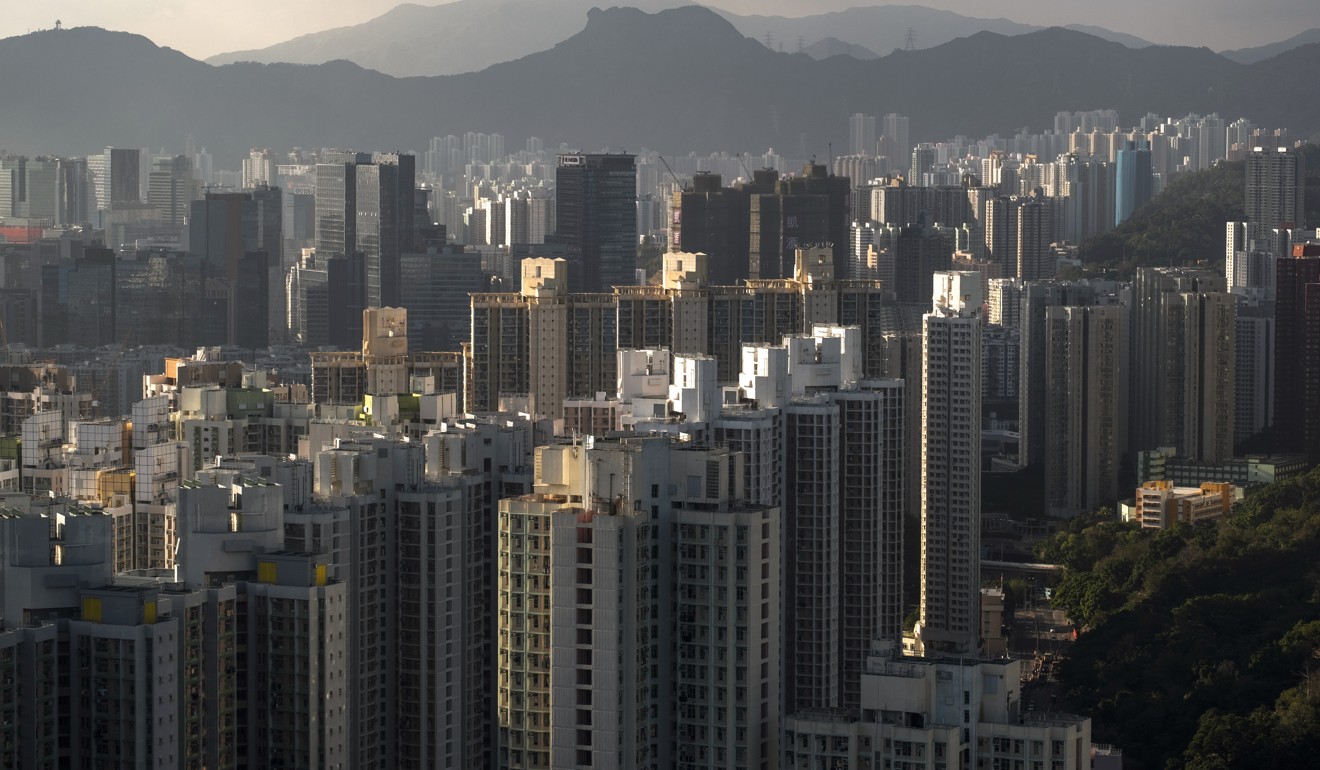
Asian Reits losing defensive lustre as global market rout seen stoking credit stress
- Asian Reits have slumped alongside equities as the Covid-19 pandemic is likely to freeze up credit markets and push some sectors to the brink, according to Principal Global Investors
- While Asian Reits have slumped by 43.8 per cent this year through March 19, Hong Kong-listed Link Reit has fared better, falling 13.4 per cent in the same period
Real estate investment trusts (Reits) are losing their appeal as a defensive investment amid the coronavirus pandemic that is keeping consumers at home and causing economic activity to pause.
Asian Reits have slumped by 43.8 per cent this year through March 19, according to Bloomberg data, while the MSCI Asia-Pacific Index has shed 27.8 per cent. Shares of Link Reit, Asia’s biggest real estate investment trust, have fallen 13.4 per cent in Hong Kong in the same period. Link shares rose about 1 per cent in 2019 despite the social unrest last year that forced it to temporarily close some of its shopping centres n the city amid escalating violence.
Reits have slumped along with global equity markets as the worsening Covid-19 pandemic is likely to freeze up credit markets and push some sectors to the brink, according to Principal Global Investors. Falling rents and closure of retail stores could weaken Reits’ income, hurting dividend prospects.
“Two situations when Reits’ defensive attributes do not work: credit crisis and stagflation,” said Shern Ling, the Singapore-based portfolio manager at Principal, who is part of the real estate group that manages US$80 billion in assets.
“The massive wave of government lockdowns is raising concern that many service companies such as restaurants and cinemas may face credit risk issues and credit markets have been seizing up as a result,” he said. “So over the past couple of weeks concerns over a potential credit crunch have come to the fore.”
The pandemic has infected nearly 3500,000 people worldwide and killing over 16,000 of them. It has also halted economic activity, particularly hammering the travel and hospitality industry, and severely disrupting supply chains as factories remain shut to contain the spread of the deadly disease.
Hong Kong malls landlord Link Reit is discussing rent relief with tenants at 10 protest-hit shopping centres
Reits are vehicles that own real estate that generates a steady rental income, providing predictable returns to unit holders. They typically hold properties such as office, retail, and industrial spaces. Because of the nature of their business and staggered leases, they tend to have very stable cash flow income streams.
“Reits own multiple properties with multiple tenants, so it’s two layers of diversification, and the leases tend to be staggered between three and five years, so you only have 20 to 30 per cent of your leases coming up for maturity in any given year,” Ling said.

Colliers International expects the leasing market in Hong Kong to fall across the board this year, with retail rents likely to see the biggest drop of 16 per cent, followed by an 8.3 per cent decline in office rents this year.
Still, Reits can eventually buttress investors’ defensive strategy amid interest-rate cuts and other stimulus measures to shore up economies. Real estate, including Reits, is likely to benefit as their financing costs comedown.
“With more accommodating monetary conditions, alongside more balanced supply-demand dynamics, and positive long-term structural trends, such as increased digitisation, APAC real estate markets should remain resilient through a potential down-cycle,” said Jonathan Hsu, head of property research for Asia at London-based M&G Real Estate.
Purchase the China AI Report 2020 brought to you by SCMP Research and enjoy a 20% discount (original price US$400). This 60-page all new intelligence report gives you first-hand insights and analysis into the latest industry developments and intelligence about China AI. Get exclusive access to our webinars for continuous learning, and interact with China AI executives in live Q&A. Offer valid until 31 March 2020.

